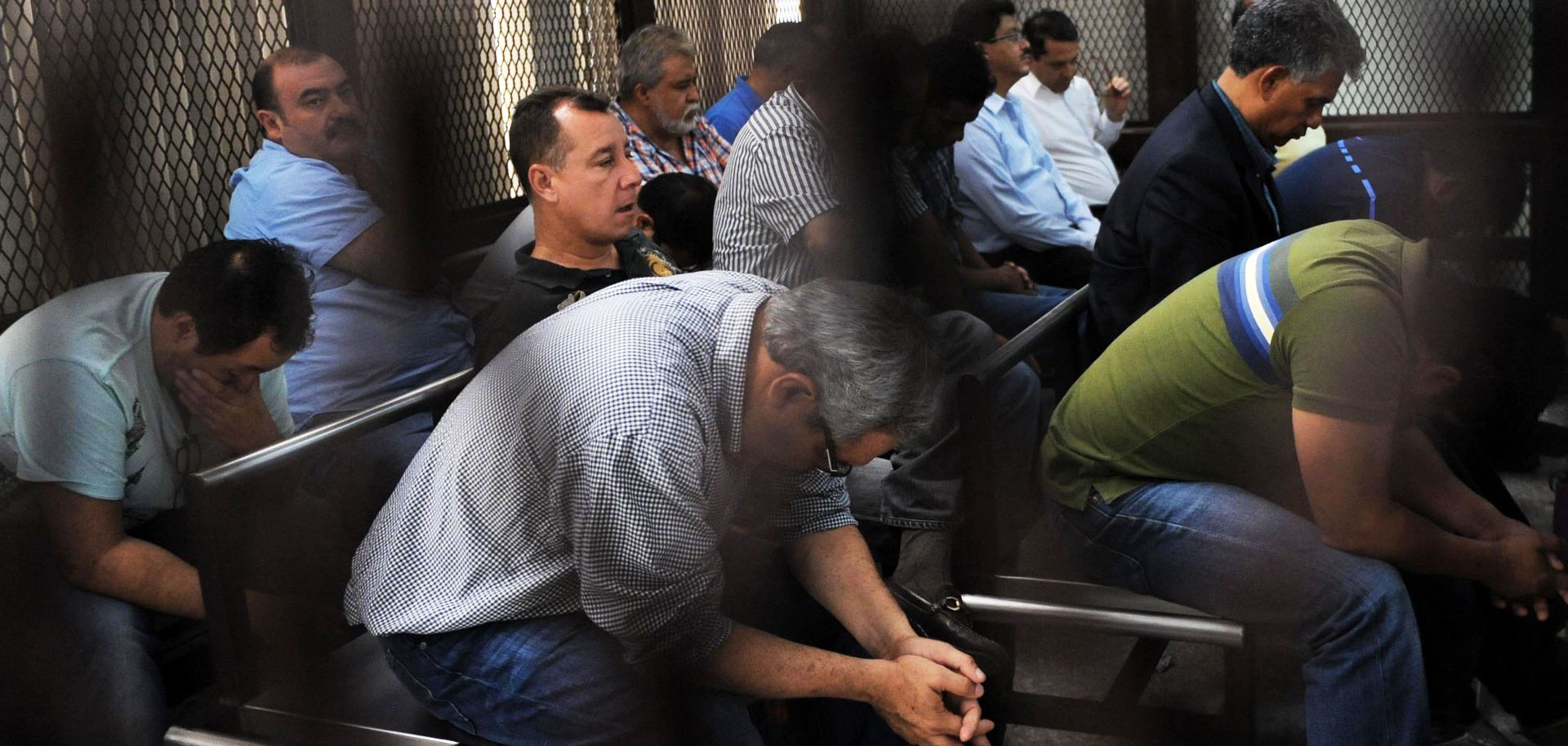ASSESSMENTS
Beyond Guatemala, U.S. Anti-Graft Efforts Could Encounter Resistance
Oct 25, 2015 | 13:25 GMT

(JOHAN ORDONEZ/AFP/Getty Images)
Summary
Guatemalan voters will elect a new president Oct. 25. This is a crucial second-round election after an unprecedented U.S.-backed corruption investigation forced the country's former president and vice president to resign. Given that corruption is deeply ingrained in Guatemala's institutions, the next president will have to be cautious to avoid the fate of imprisoned former President Otto Perez Molina.
The United States' primary interests in Guatemala are countering narcotics and human smuggling and enabling the development of credible state institutions. For these reasons, the United States will continue to influence the new Guatemalan government through the use of international anti-corruption commissions such as the International Commission Against Impunity in Guatemala (CICIG). It was a CICIG-led investigation that brought down Perez Molina in September. However, despite the commission's success in Guatemala, any attempt Washington makes to replicate CICIG's model in Honduras and El Salvador will face resistance from the political elite in those countries.
Subscribe Now
SubscribeAlready have an account?
